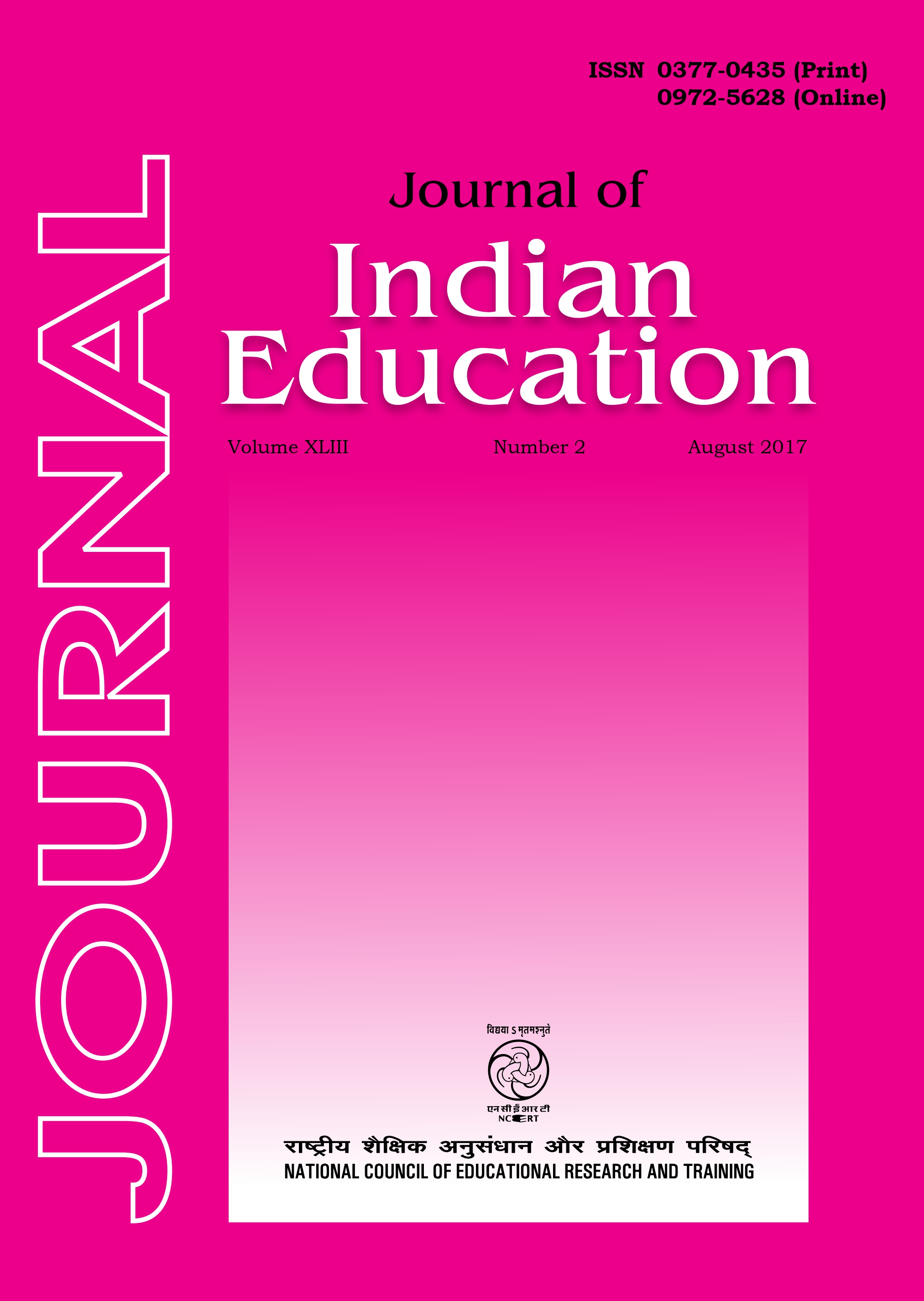Academic Achievement of Senior Secondary School Students An Analysis on the basis of Self-regulated Learning and Some Demographic Variables
Published 2024-12-23
Keywords
- Educational Psychology,
- Educational Research
How to Cite
Abstract
The present study was undertaken to examine the academic achievement of senior secondary school students in relation to self-regulated learning and demographic variables (type of school and gender). Academic achievement was treated as a dependent variable whereas self-regulated learning (High, Average and Low), and demographic variables — type of school (Government and Private) and gender (Male and Female) — were treated as independent variables. Descriptive survey method was employed for the present study. A sample of 600 students was taken using multi-stage stratified random sampling technique. Self-regulated Learning Scale by Gupta and Mehtani (2017) was used to collect the data and Three-way ANOVA with 3×2×2 factorial design was used to analyse the data. Levene’s Test of Homogeneity of Variance was also applied to test the assumption of homogeneity of variance for ANOVA. Main effect of self-regulated learning, type of school and gender on academic achievement of senior secondary school students was found to be significant. No significant interaction effect of self-regulated learning and gender was reported on academic achievement of senior secondary school students. On the other side, significant interaction effect of self-regulated learning and type of school and type of school and gender was reported on academic achievement of senior secondary school students. Triple interaction effect of self-regulated learning, type of school and gender on academic achievement of senior secondary school students was found to be insignificant.

